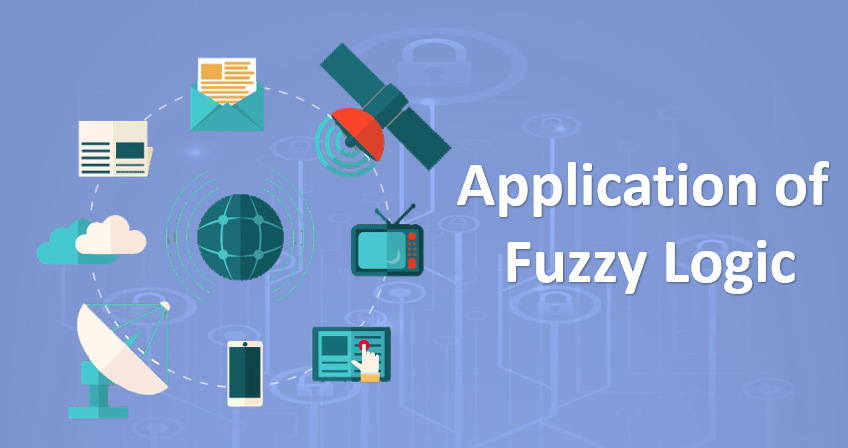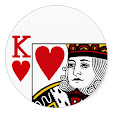Fuzzy Logic and Its Real-Life Applications
In our everyday lives, we often deal with uncertainty and imprecision. Traditional binary logic, which operates on strict true/false or 0/1 conditions, struggles to handle such vagueness. This is where Fuzzy Logic comes in—a powerful mathematical approach that mimics human reasoning by dealing with degrees of truth rather than absolute values.
What is Fuzzy Logic?
Fuzzy Logic, introduced by *Lotfi Zadeh* in 1965, is a method of reasoning that allows variables to have partial truth values between 0 and 1. Instead of rigid "yes" or "no" answers, it provides flexible solutions like "somewhat", "mostly", or "almost".
How Does Fuzzy Logic Work?
Fuzzy Logic consists of:
1. Fuzzification – Converting crisp input values into fuzzy sets using linguistic variables (e.g., "hot", "cold", "warm").
2. Inference – Applying rules to analyze fuzzy input (e.g., "If the temperature is high, then the fan speed should be fast").
3. Defuzzification – Converting fuzzy outputs back into a precise value for decision-making.
Real-Life Applications of Fuzzy Logic
1. Air Conditioning Systems
Most modern air conditioners use Fuzzy Logic to adjust cooling based on room temperature, humidity, and user preferences. Instead of switching on or off abruptly, the system adjusts smoothly, improving comfort and energy efficiency.
2. Washing Machines
Fuzzy Logic-based washing machines assess the load weight, dirt level, and fabric type to optimize water usage, detergent levels, and washing time. This results in better cleaning with less waste.
3. Automobile Control Systems
Many modern cars use Fuzzy Logic for:
- Automatic Gear Shifting – Adjusts gear changes based on speed, acceleration, and road conditions.
- Anti-lock Braking System (ABS) – Helps prevent skidding by applying braking force dynamically.
- Traffic Control Systems – Traffic lights use Fuzzy Logic to adapt signal timing based on congestion levels.
4. Medical Diagnosis & Healthcare
In healthcare, Fuzzy Logic helps doctors analyze symptoms that don't fit into clear "yes/no" categories. For example:
- Diabetes Monitoring – Fuzzy systems assess glucose levels and recommend insulin dosages.
- Medical Imaging – Used in MRI and CT scans to detect anomalies by handling unclear or noisy data.
5. Home Appliances & Consumer Electronics
- Televisions – Adjust picture brightness and contrast based on ambient light.
- Vacuum Cleaners – Detect dirt levels and adjust suction power accordingly.
- Rice Cookers – Modify cooking temperature and time based on moisture and type of rice.
6. Weather Forecasting
Since weather patterns are highly uncertain, meteorologists use Fuzzy Logic to predict rainfall, temperature variations, and storms with greater accuracy.
Advantages of Fuzzy Logic
✔ Handles uncertainty and imprecision efficiently.
✔ Provides human-like reasoning for better decision-making.
✔ Works well in complex, nonlinear systems.
✔ Adaptable and scalable across various industries.
Conclusion
Fuzzy Logic is a game-changer in technology, making systems smarter and more adaptable. From home appliances to healthcare, it improves efficiency and decision-making in numerous fields. As AI and automation continue to evolve, Fuzzy Logic will play an even bigger role in shaping intelligent, real-world applications.
Have you encountered Fuzzy Logic in your daily life? Share your thoughts in the comments!














No comments:
Post a Comment
Leave Your FootPrint Below